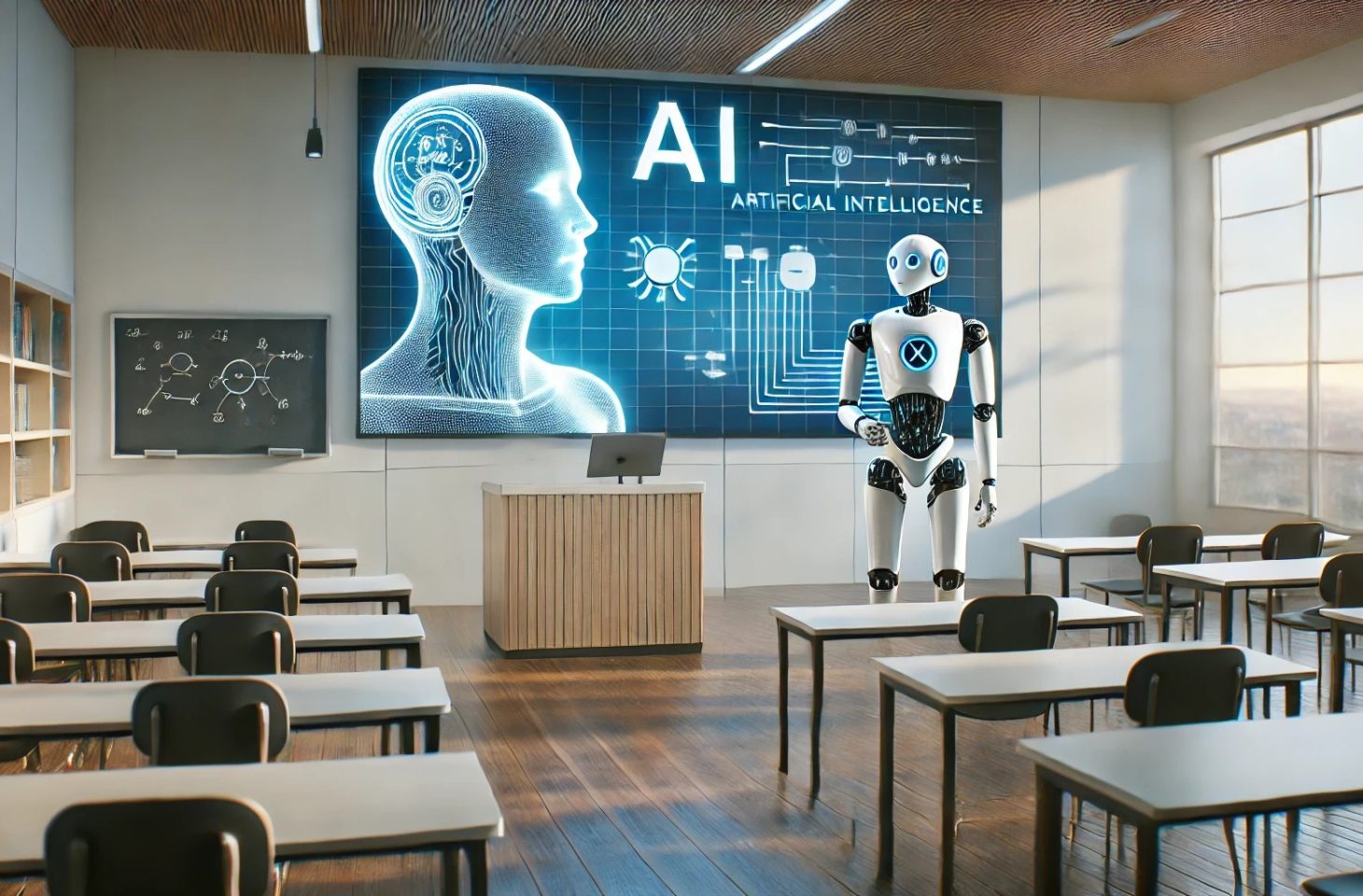How organizations deal with generative AI and what plans they have for the future is the subject of numerous studies. NTT is contributing with a large global survey including Belgian respondents. Optimism and challenges are the key words.
Organizations large and small are heavily committed to generative AI, it’s no secret. NTT examined the journey in a large survey with 2,300 respondents worldwide. The Global GenAI Report shows once again that companies are investing heavily in this innovation.
Belgian organizations are following this trend, but specific challenges continue to limit the full potential of GenAI. What do Belgian organizations think about generative AI and how does it differ from the global trend?
Optimism and limitations
According to the study, optimism towards GenAI is slightly stronger in Belgium than worldwide, but the difference is very small. In fact, we can say that almost everyone believes that generative AI will have a big impact and that investment is needed.
- 98 percent of Belgian CEOs expect GenAI to have a significant impact on their organizations, slightly higher than the 97 percent globally.
- Just like globally, there is a broad intention to invest further in GenAI: 98 percent of Belgian organizations plan to increase their spending in this area, comparable to 99 percent worldwide.
Although the ambition is clearly there, Belgian organizations face technical limitations. All Belgian respondents say outdated infrastructure is a barrier to the effective deployment of GenAI, compared to 90 percent worldwide.
Strategy tailored to the company?
NTT highlights strategic planning as a critical part of the success of generative AI strategies. However, Belgium lags behind the global figures here:
- 78 percent of Belgian organizations have a clearly defined GenAI strategy, slightly lower than the 83 percent worldwide.
- Only 48 percent have aligned this strategy with their business plans, almost in line with the global figure of 49 percent. This lack of alignment limits both the return on investment and satisfaction with the results achieved.
Find out for yourself
A glaring weakness of our country is the lack of attention to training and improving skills. Only 33 percent of Belgian managers plan to use training and learning resources to optimize the use of GenAI. This is significantly lower than the global average of 44 percent.
The results are therefore completely consistent with those of an earlier ISACA study. This also showed that training is not a priority for organizations. Based on a European survey, ISACA found that 40 percent do not provide any training.
“If companies don’t provide appropriate training, employees risk becoming fearful of the unknown,” says Robin Joncheere, CEO in Belgium at NTT DATA. “Unknown is unloved, and people should not be afraid of GenAI taking over their work. On the contrary: we want everyone to see the possibilities that technology offers.”
He continues: “It is important not only to provide training on GenAI, but also to recognize that this new form of input impacts different roles of managers and within teams.” To create processes, services and products using GenAI To improve and design, knowledge and insights into the new tools are now essential. Even if GenAI is used to build or evaluate a business strategy, this can only be done efficiently with sufficient expertise and understanding.”
Points for improvement
Belgian organizations show the same ambition as their international counterparts, with high expectations and significant investment plans for GenAI. Nevertheless, NTT research shows clear areas for improvement.
- Modernization of infrastructure is essential for the full exploitation of generative resources and Belgium is lagging behind in this regard.
- Better alignment between strategy and business goals can increase return on investment.
- To prepare employees for this new technology, greater emphasis must be placed on training and development.
The same pain points appear in various studies, but improvement does not seem to be immediately in sight. It is noticeable that the introduction of generative AI is a priority and the framework is forgotten. Organizations run the risk of repeating the mistakes of the past: digitalization projects depend on the enthusiasm and skills of those involved. By aligning projects more closely with business strategy and training employees, companies are more likely to quickly see a positive impact from new technology.
